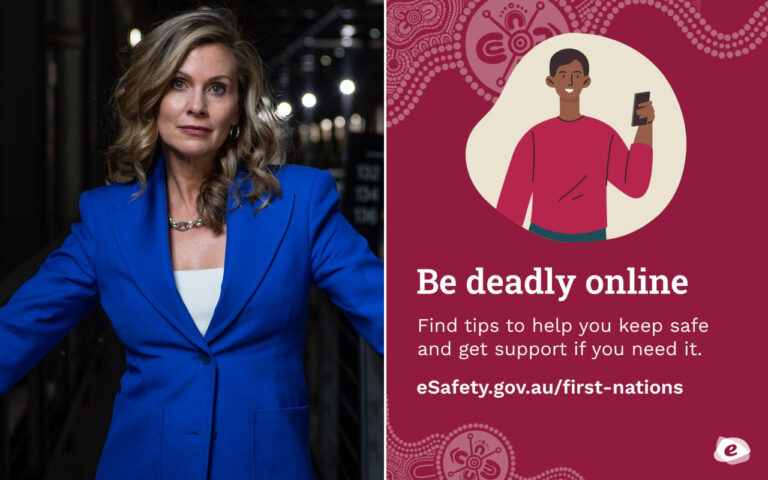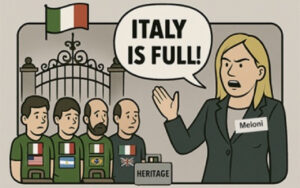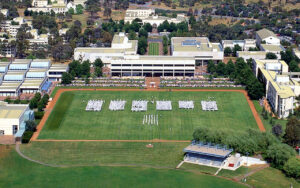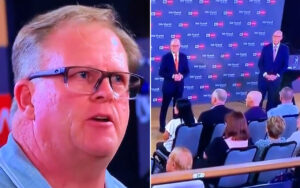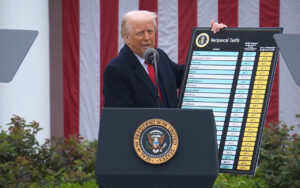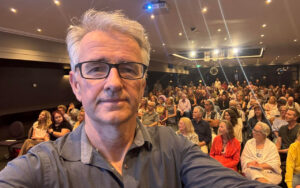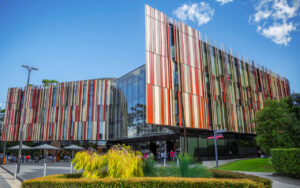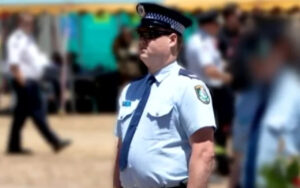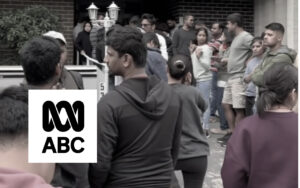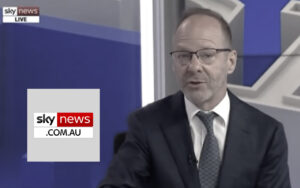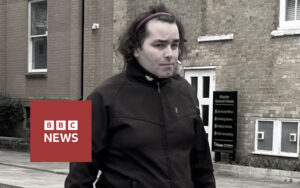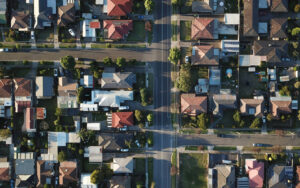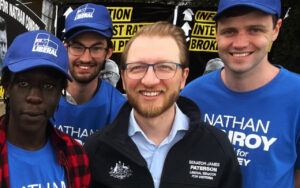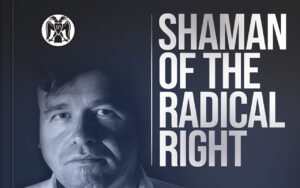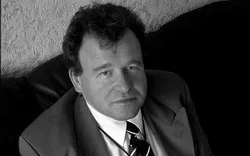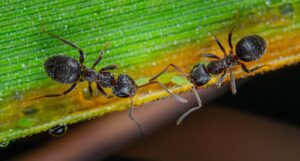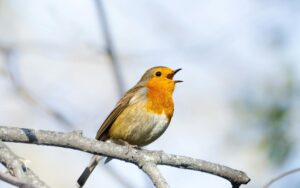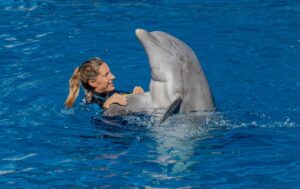Australia’s controversial online censorship boss has been caught spreading misinformation about White nationalist ‘violent extremism’ and online abuse targeting aboriginals.
Ahead of last year’s referendum on an Indigenous Voice to Parliament, which was emphatically rejected by the Australian public, eSafety Commissioner Julie Inman Grant warned of a likely increase in “online hate” directed at indigenous people.
But data obtained under freedom of information (FOI) requests by the Institute of Public Affairs has found that there were just two complaints made by indigenous people relating to online abuse linked to the Voice referendum, and that the eSafety office did not issue a single takedown notice as a result.
“Australians simply cannot trust the eSafety Commissioner to stick to online child protection, due to a history of politically charged censorship, as evidenced by the eSafety Commission’s own data,” said John Storey, Director of Law and Policy at the Institute of Public Affairs.
“The narrative Julie Inman Grant has sort to establish, that there was a wave of racist cyber abuse during the referendum, is not supported by her own office’s data.
“The fact that there were just two Voice-related complaints during the middle of a highly divisive national debate, when nearly one million Australians identify as indigenous, shows that there was little material substance to the eSafety Commissioner’s claims.”
According to the FOI data, from July 1 to September 30, 2023, the last full quarter before the referendum, there were 30 complaints in total made by indigenous Australians about cyber abuse, or just 0.4% of all complaints made to the eSafety Commissioner during that period.

“The eSafety Commissioner has demanded that social media companies censor the internet worldwide based on subjective and vague powers, which has allowed for dramatic overreach beyond focussed interventions on protecting children,” Mr Storey said.
“There is clearly a need for public policy to protect children from obscene and violent content, and for law enforcement purposes, but now the eSafety Commissioner has powers which enable the censorship of debate and opinion.”
“All Australians have the right to freedom of speech online. Governments and activist bureaucrats must never be given a platform to launch politically motivated interventions.”
Mr Storey on Saturday wrote in an article for Sky News Australia that Ms Inman Grant appeared to have a record of “distorting facts to suit her agenda” and a “oppressor and oppressed” narrative popular in the political establishment and academia.
He pointed out that less than a month before an alleged Muslim terrorist attack on Bishop Mar Mari in Sydney, Ms Inman Grant issued a media release about forcing tech companies to tackle “terror and violent extremism”.
“You might think that the eSafety Commissioner was highly prescient about the looming risk of terrorism, issuing her warning weeks before one of Australia’s most prominent and allegedly religiously motivated terror attacks. But you would be wrong,” he wrote.
“The eSafety Commissioner’s media release did not warn about religiously motivated violence. There was no mention of rising community tensions caused by the war in Gaza, rising anti-Semitism on university campuses or rising risks of violence due to regular pro-Palestine demonstrations.
“Instead, the eSafety Commissioner chose to warn about ‘White nationalism’.”
Mr Storey added that rather than highlight any of the thousands of attacks carried out by Islamic extremists overseas or actual examples of Muslim terrorism in Australia, Ms Inman Grant instead highlighted three overseas incidents caused by “White supremacist extremism”.
“If the social media companies took her warning literally, they would have devoted efforts to seeking out and clamping down on right-wing or White nationalist extremists online,” he wrote.
“One wonders if perhaps resources and attention were diverted from what was always the most likely source of such an attack.”
Mr Storey said that he had similar concerns about the eSafety Commissioner’s comments about online abuse during the Voice referendum.
“By falsely suggesting Indigenous Australians were under siege from online abuse, in the middle of a contentious and divisive political debate, she may have exacerbated community tensions,” he said.
The IPA report found that Ms Inman Grant’s Voice abuse comments still inform the public debate on the issue, using two recent examples.
“In May 2024, during a panel discussion at the Sydney Writers’ festival, ABC journalist Laura Tingle, referencing the Voice referendum, controversially said that Australia is ‘a racist country, let’s face it. We always have been, and it’s very depressing’,” the report states.
“Fellow ABC journalist Bridget Brennan agreed, saying that the No campaign for the Voice was a ‘feral, nasty campaign’. Brennan also noted ‘there is so much racism embedded in this country’, and that during the Voice debate ‘it was really horrible as an Aboriginal person’.”
The report found: “The eSafety Commissioner has ‘cried wolf’ on this issue. The misleading claim of abuse against indigenous Australians during the 2023 referendum painted a false picture of the level of community disharmony and thus were liable to unnecessarily increase community tensions.
“The Australian community should be sceptical of the eSafety Commissioner’s claims of looming online harm or that the exercise of censorship powers are based on an objective, material, and real assessment of actual harm to the community, and is more likely based on political considerations or raising the profile of the eSafety Commissioner.”
Last month Ms Inman Grant admitted there was a conflict of interest when her office acted on the request of a “transgender” extremist to demand X remove a post about her made by a Canadian activist.
American-born unelected bureaucrat Ms Inman Grant, who makes $445,000 to censor the internet on behalf of the Australian government, told a Senate committee that she was overseas visiting her sick mother when the takedown notice was filed, and that she did not know Ms Cook personally.
However, she did confirm that Ms Cook’s NSW government-funded “HIV and LGBTQ+ health organisation” ACON had worked closely with her staff in the past.
“He does run a peak LGBTQI+ body, and some on my team, in developing materials, our learning lounge materials for the LGBTQI+ community, did engage ACON and other organisations in developing those materials,” she said, before quickly deferring the question to a colleague.
